SECONDARY NEWS
From the Assistant Principal
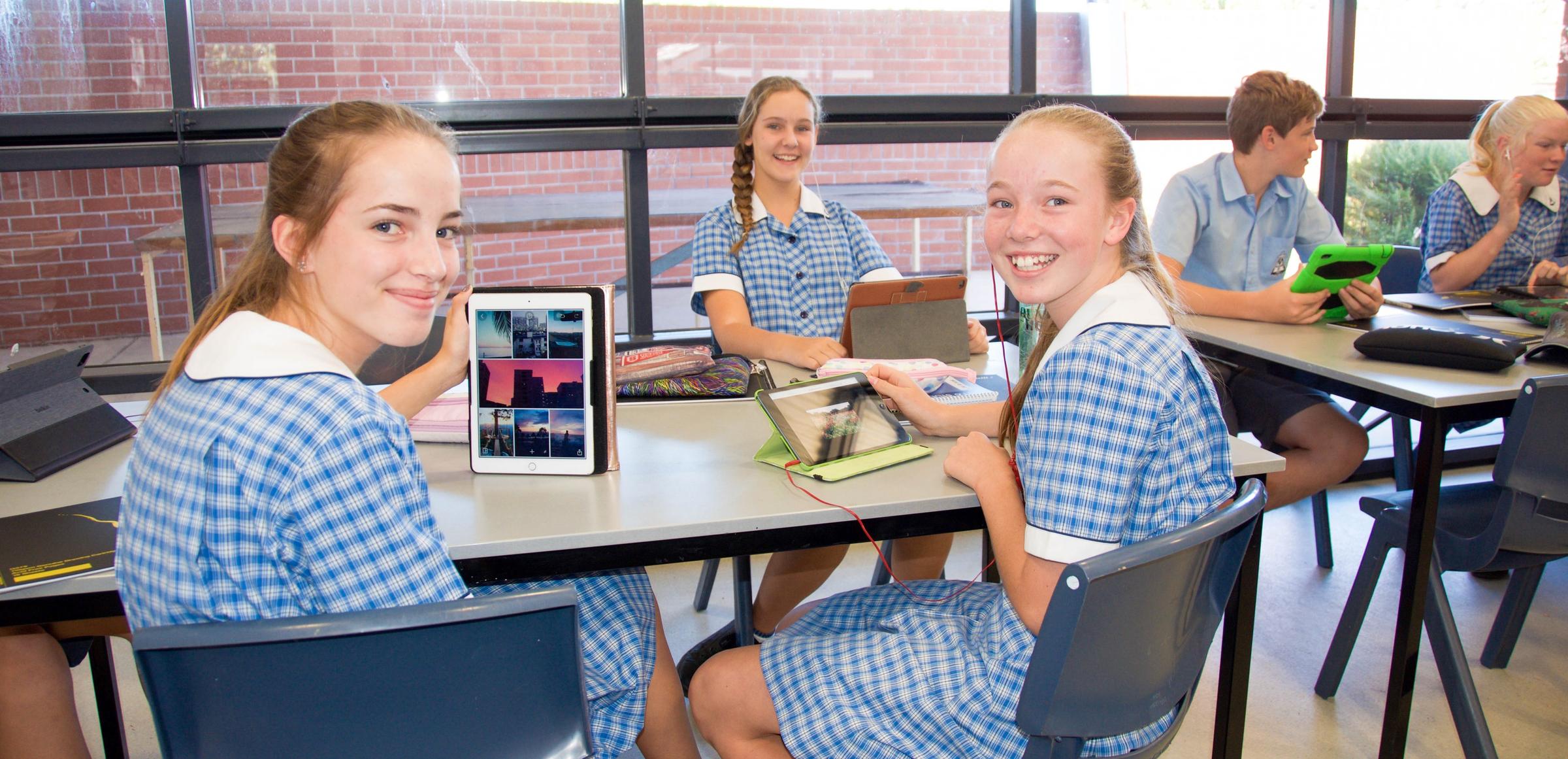
SECONDARY NEWS
From the Assistant Principal
Literacy and numeracy skills are essential for success in learning and life after school. This is why students are required to show they have met a minimum standard of literacy and numeracy to receive the Higher School Certificate from 2020.
There will be multiple opportunities for your child to show they meet the HSC minimum standard by passing online tests of basic reading, writing and numeracy skills. These tests can be taken when your child is ready – be that this year, in Year 11 or 12 or after the HSC.
For more information and flyers about the online tests and what they involve, visit the NESA website: https://educationstandards.nsw.edu.au/wps/portal/nesa/11-12/hsc/hsc-minimum-standard.
We will be undertaking these tests at school over the next few weeks before the end of the term. If you DO NOT wish your child to sit the trial online tests please return the slip on the note that has been handed out to students.
Permission notes will be sent home shortly for the 2021 Work Experience program. Please sign and return to school as soon as possible.
Parents are encouraged to discuss potential options for work experience placements with their child.
Mrs McLachlan and Mrs Townsend will be continuing to prepare students for WEX during their weekly Careers lessons.
Last Friday, students from Year 10 competed in the annual Inverell Science and Engineering Challenge organised by the local Rotary Club.
The Science and Engineering Challenge is a day-long competition designed to provide Year 9 & 10 students with a positive experience of science and engineering. A maximum of 8 schools per day compete against each other at one venue.
Each school 'team' is divided into eight groups of between 2 to 4 students per group. Each group will then do either one full-day activity, or two half-day activities (i.e. one activity in the morning session, and a different one in the afternoon session).
Students are awarded points for each activity and the school with the most cumulative points at the end of the day is declared the winner. The highest scoring winning schools from each region/zone will subsequently compete against each other for a place in the state and - perhaps - the national final.
Our Holy Trinity team was very successful on the day, however, they lost to Glen Innes High School by 1 point after the points for the last activity were finalised. Thanks to Mrs Hiscock for supervising the students on the day.
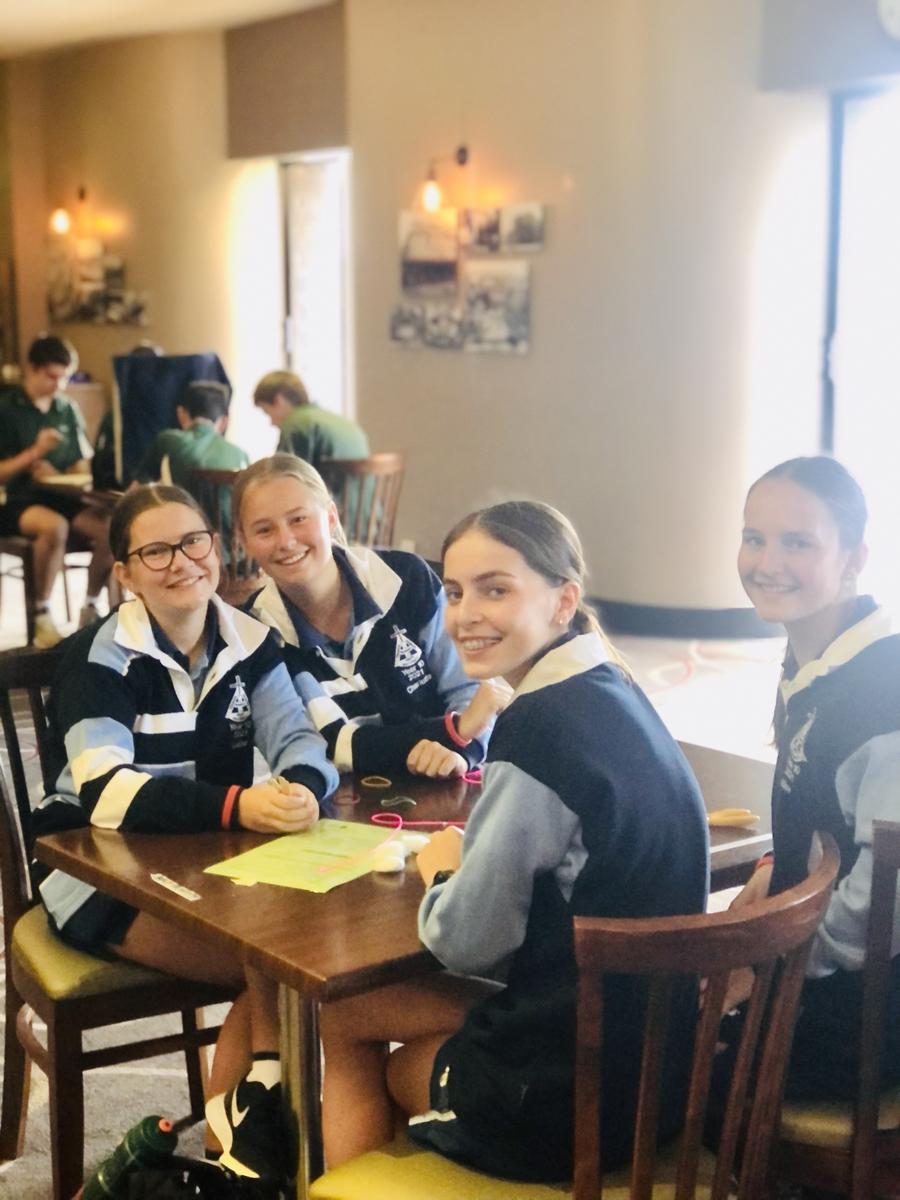
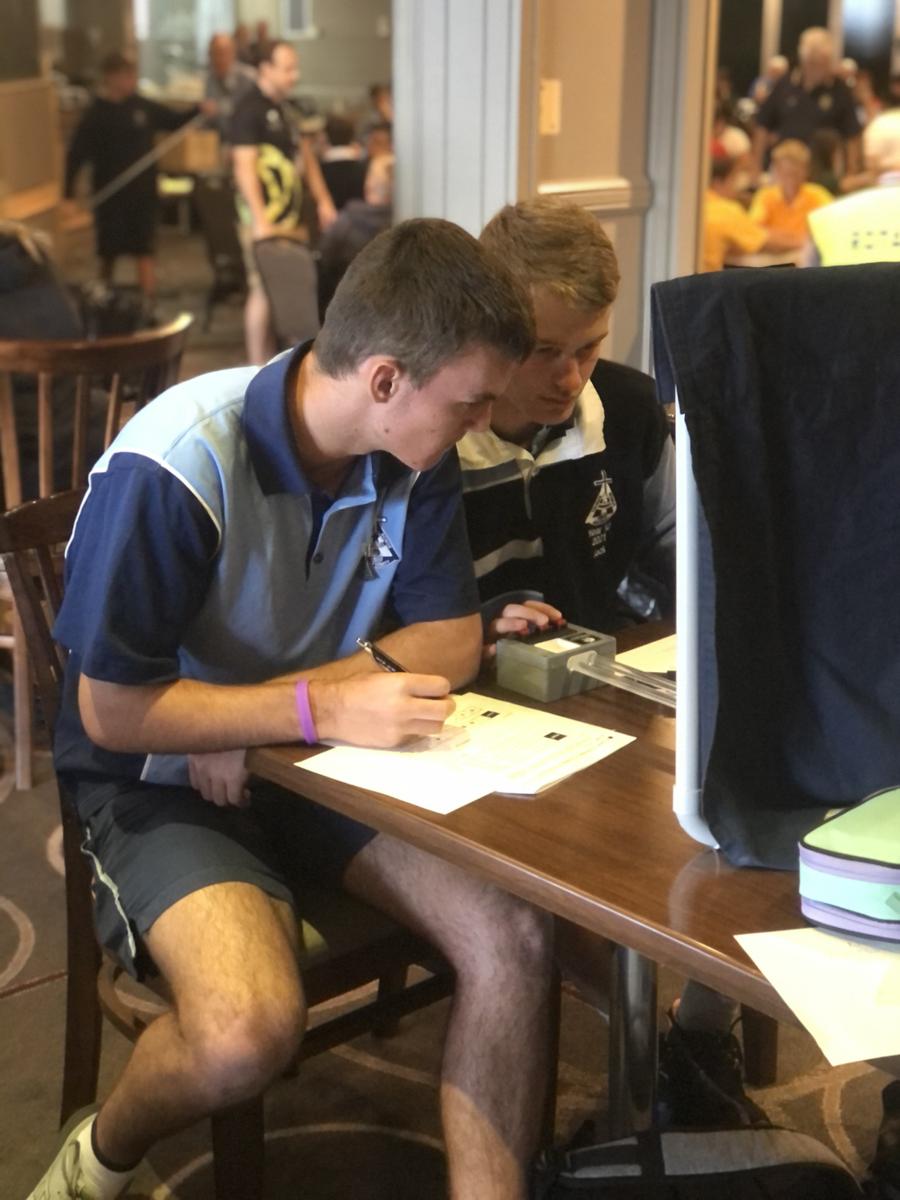
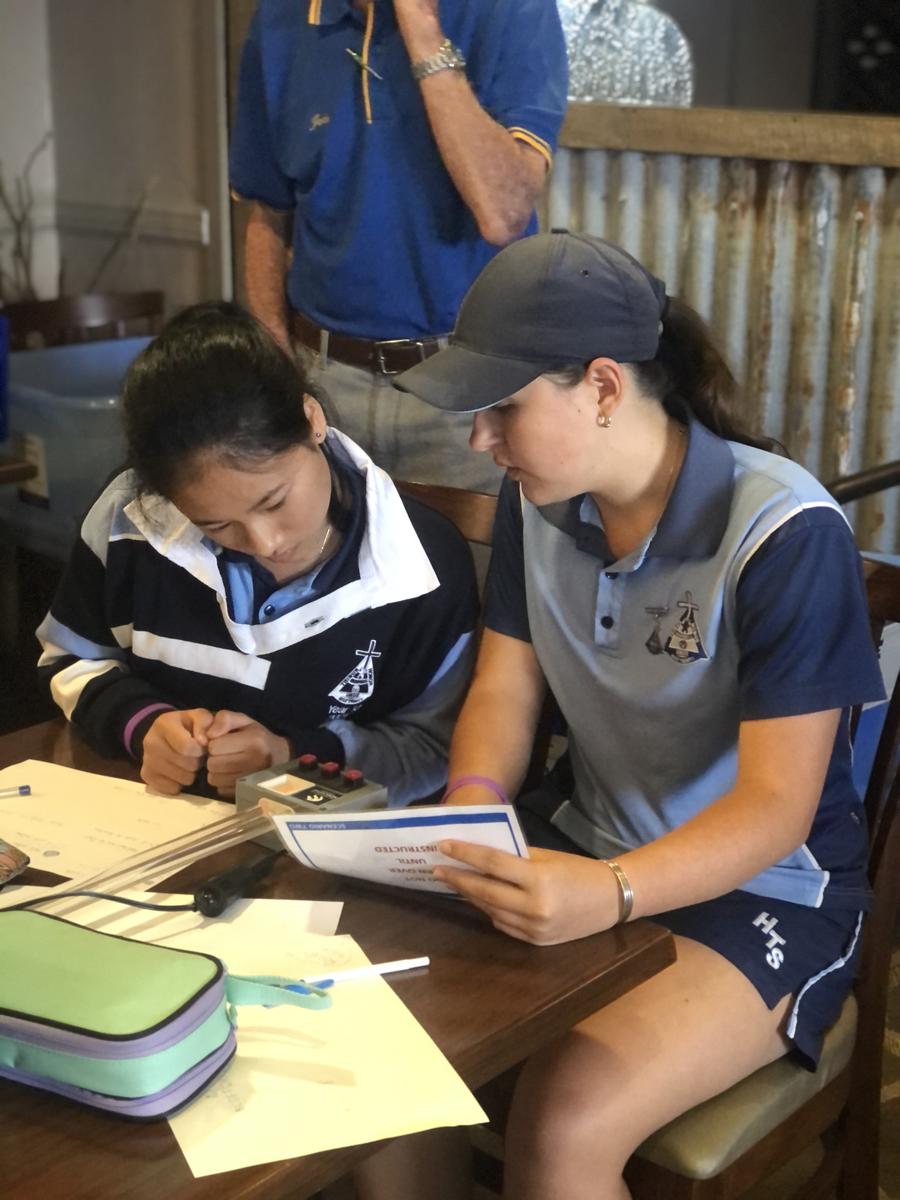
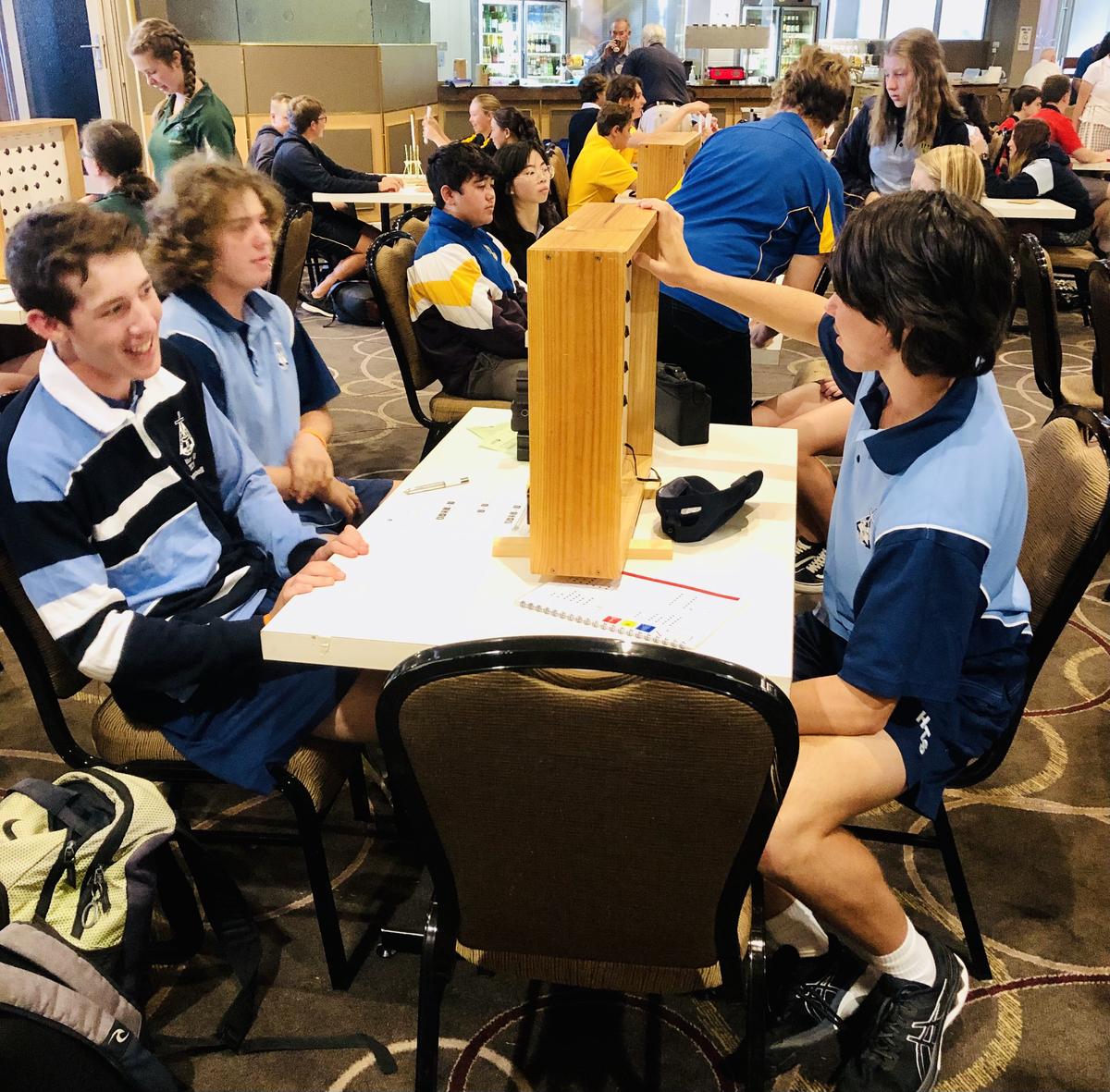
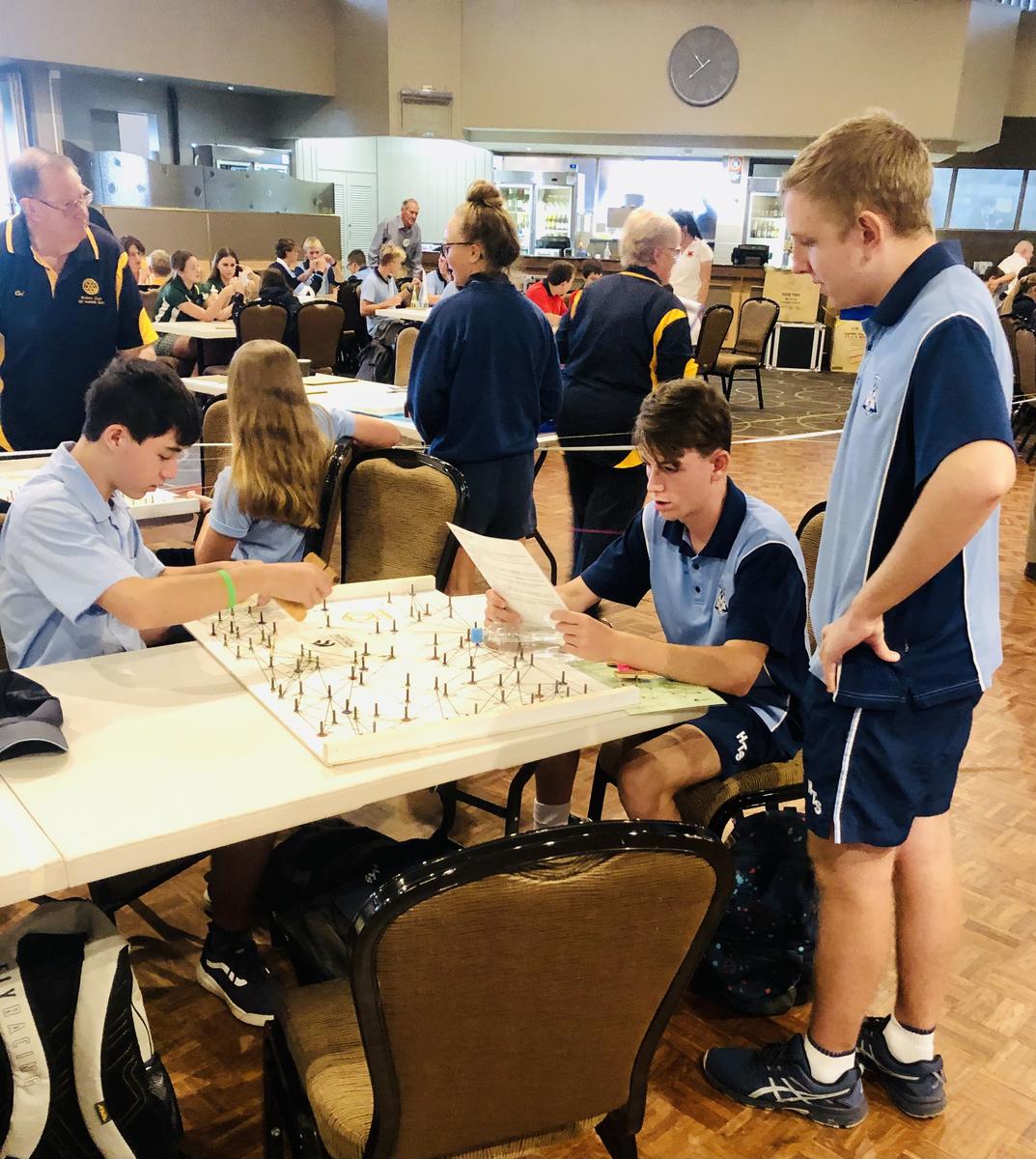
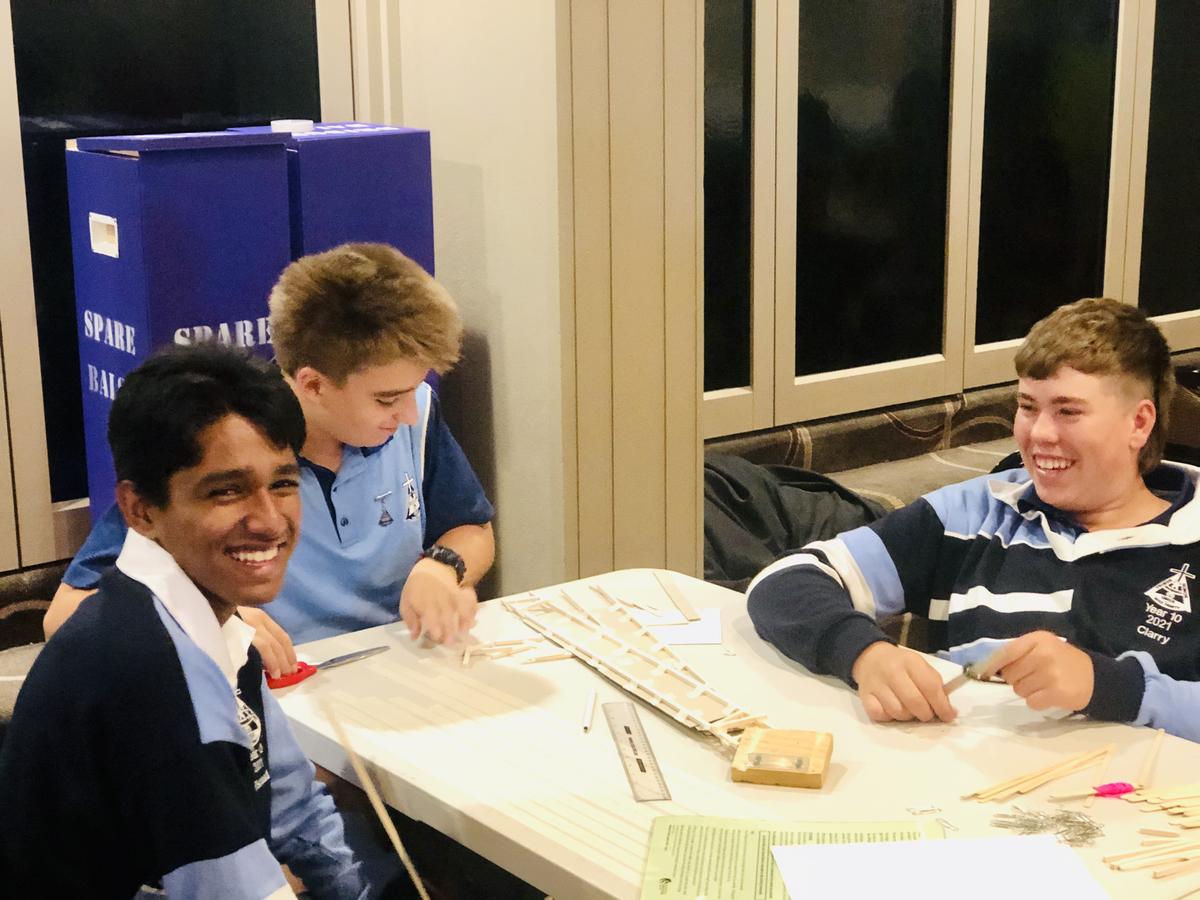

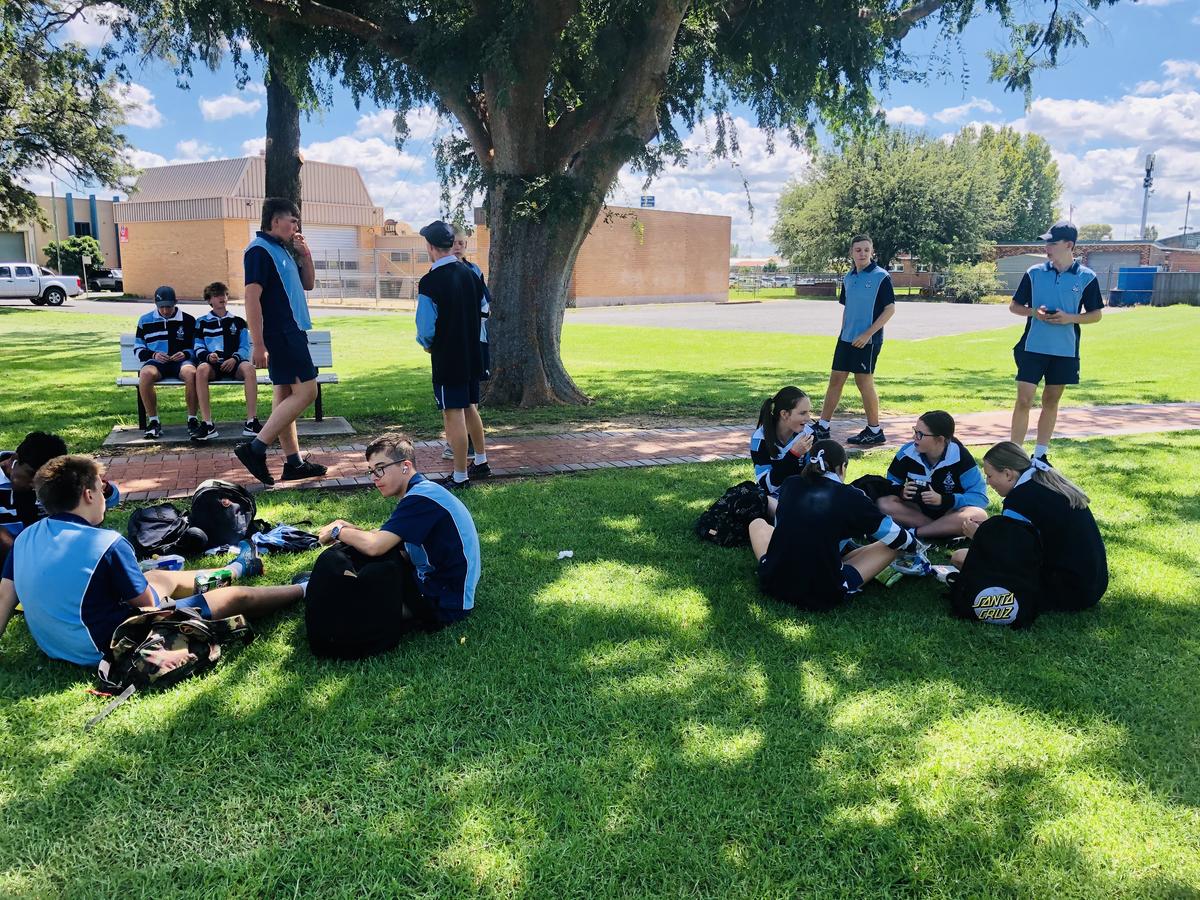
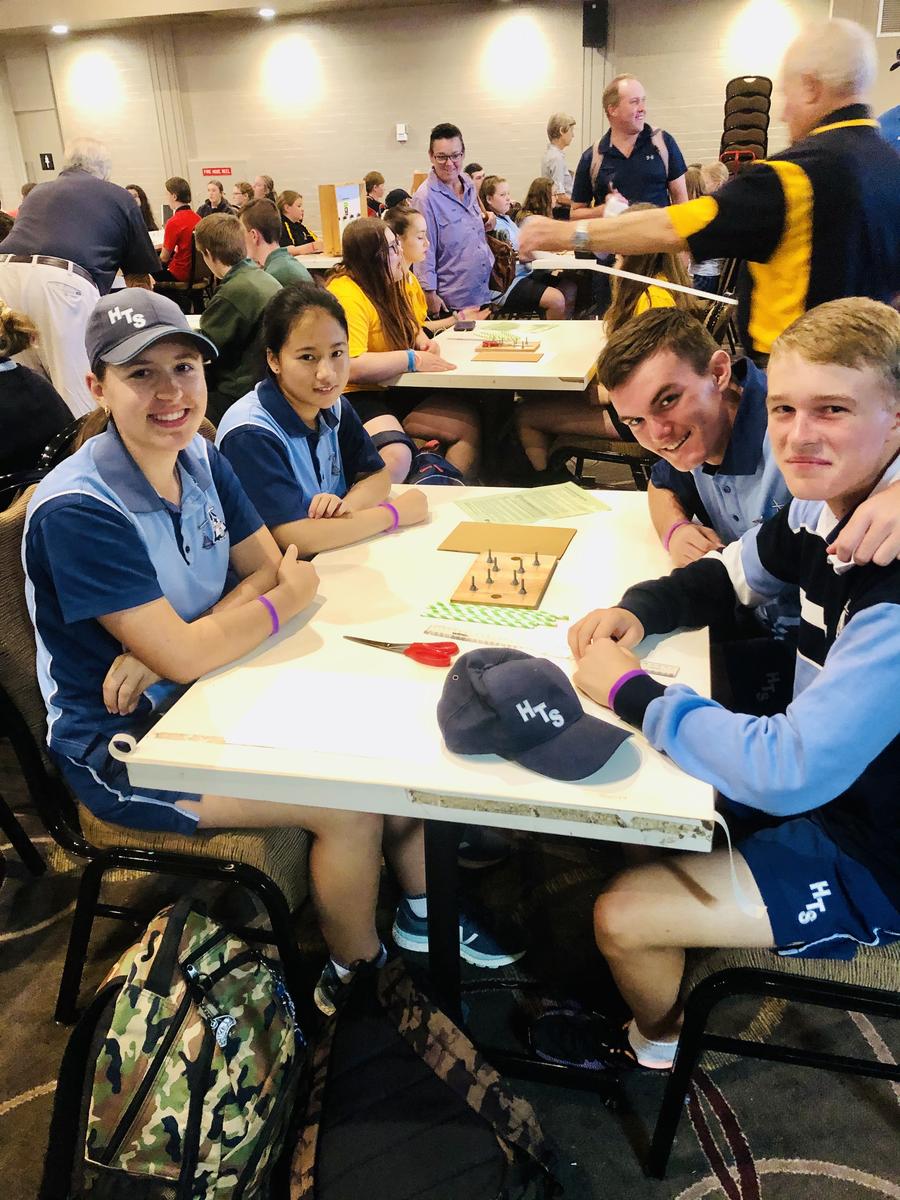
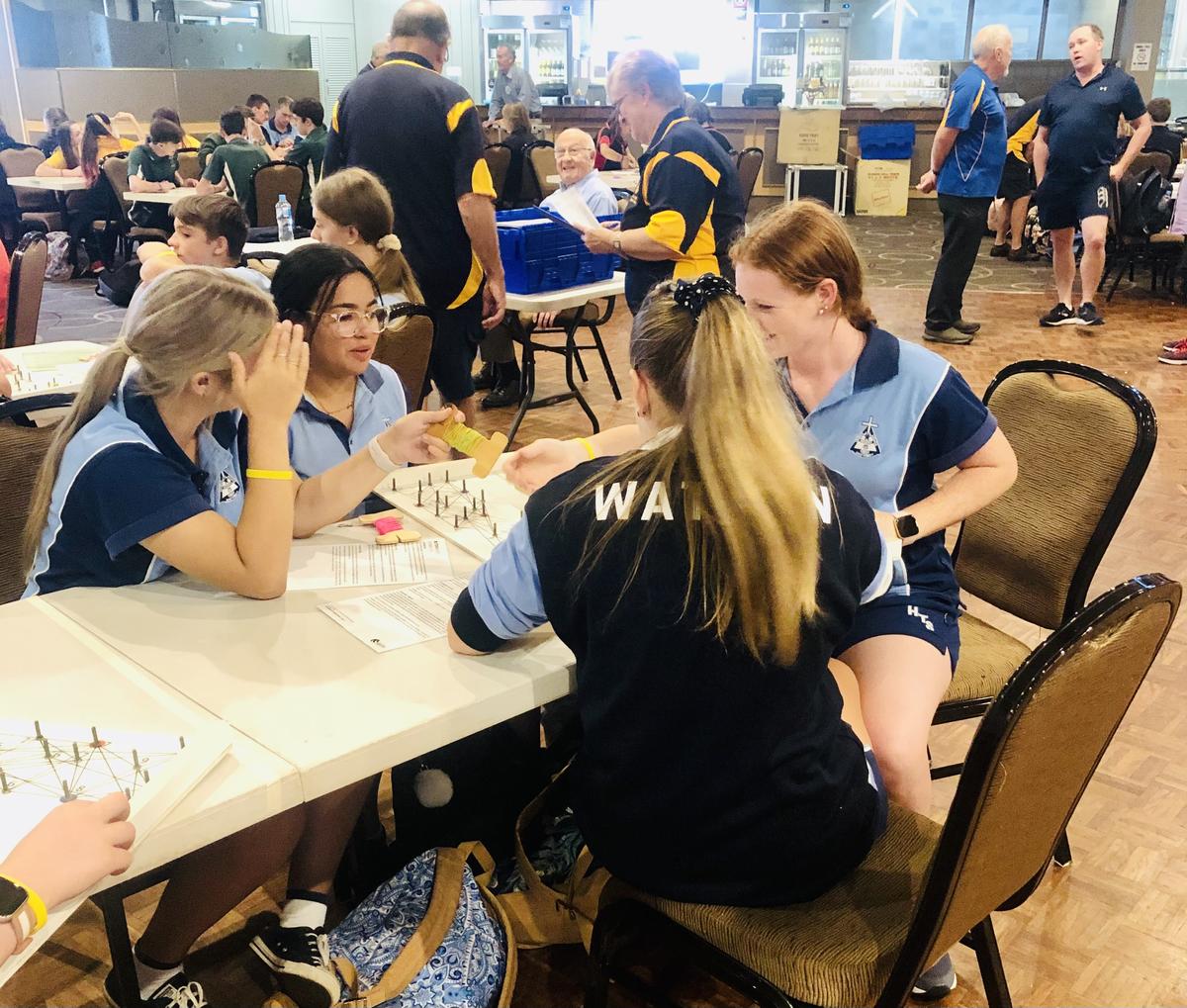
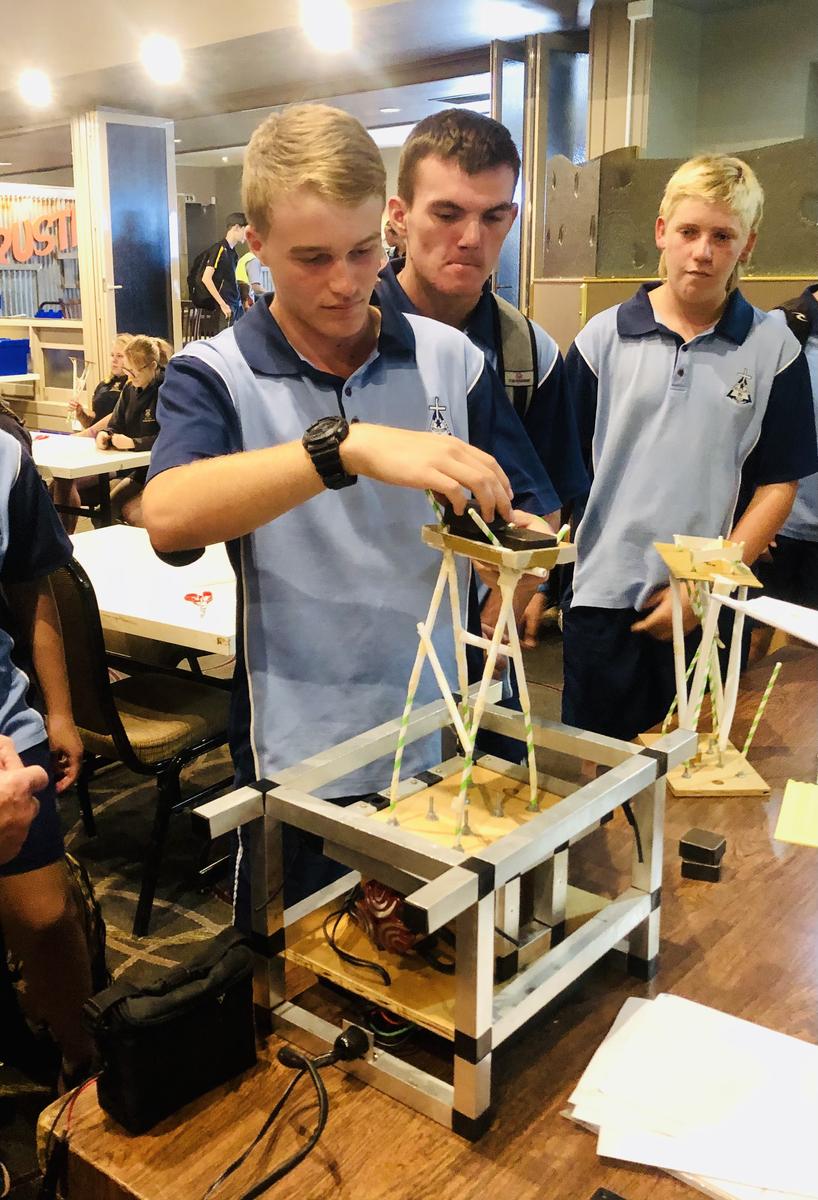

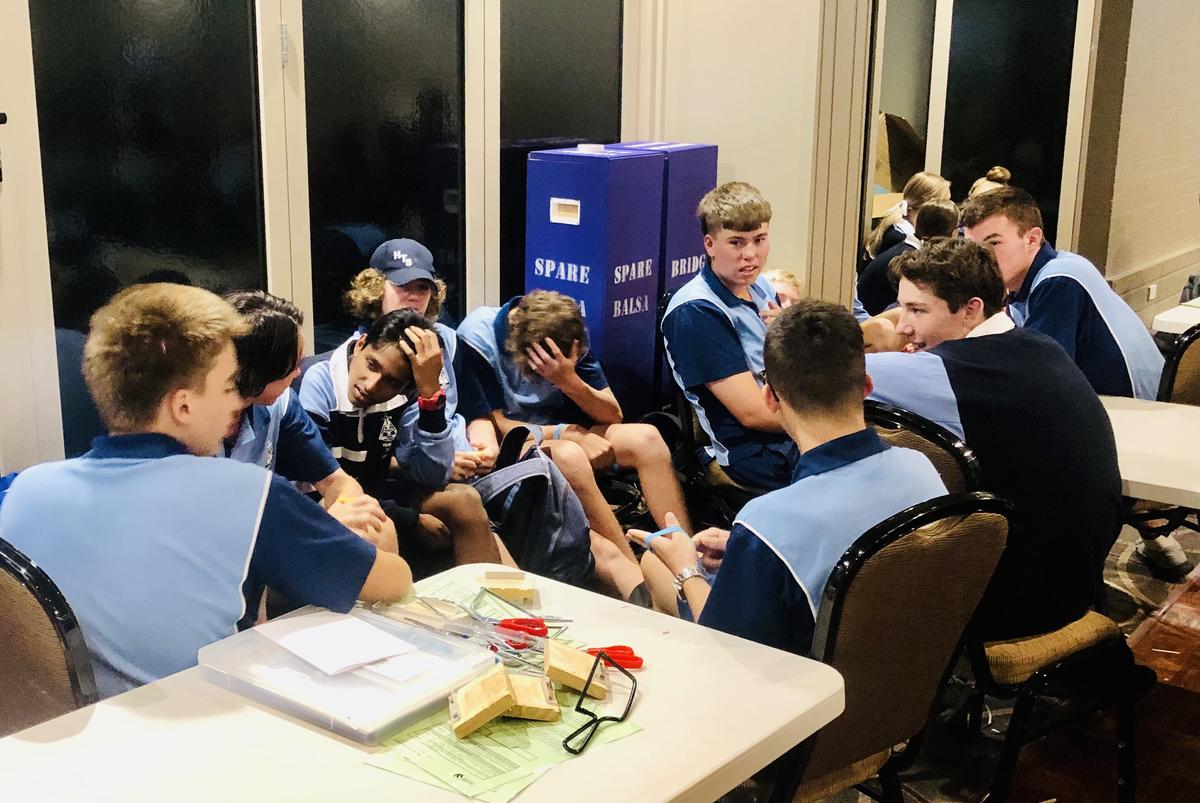













ThinkUKnow is a website that provides information for parents and students about cyber safety and the responsible use of technology. Understanding how young people use the internet and what they enjoy doing will help you to recognise any suspicious or inappropriate behaviour. It will also help you to talk with your child about their online activities if they think you understand the online environment.
http://www.thinkuknow.org.au/site/
Here are 5 reasons you can give your child as to why they should start working on their assignments immediately.
1. GET YOUR BRAIN THINKING ABOUT THE TOPIC: Even if your assignment isn’t due for weeks, start thinking about it immediately. At the very least, answer the key starter questions on the day you get your assignment. Even if you are not thinking about it directly, your subconscious will be hard at work.
2. FIND LIBRARY RESOURCES: Although the school or local library will probably not be your main source of reference, you should drop in soon after receiving the assignment. Your teacher will probably have alerted the school librarian to the assignment and reference books, magazines etc may well be displayed. These will disappear quickly if the whole class has the same assignment. Books, periodicals, magazines can sometimes be a useful general overview for an assignment and they help to clarify a direction as you begin to immerse yourself into the assignment topic. It is not a good idea to only use Google!
3. DISCOVER OTHER RESOURCES: You could also ask your local librarian for any additional direction on where to look for resource material for your assignment. Librarians are often your best source of information. They know how to help people access relevant and appropriate information, in books, the Internet or computer-based references. One of the challenging aspects of Internet-based searches for school students is the complexity, language and purpose of websites, not to mention bias and reliability.
4. STARTING EARLY MEANS MORE TIME TO EXPLORE & ASK FOR HELP IF NEEDED: If you do some initial research on the assignment points you’ve identified through the library, references your teacher may have given you, school textbooks, and general internet search engines, you could find yourself having more direction in your research. For example: Perhaps there isn’t enough information, or perhaps you find you don’t understand important concepts, or perhaps you need to speak to your teacher to get further clarity. If you find this out early, you will still have plenty of time to plan, research, write and present your assignment. Imagine if you didn’t start your assignment for a week or so, and then discovered you needed more guidance. You could easily run out of time.
5. CREATE A SAFETY NET: Starting your assignment immediately will give you a safety net in case you get sick, or something unexpected happens. Assignments usually require a large amount of time; students must plan a strategy or schedule to ensure they are completed. You should always have a schedule that allows for the unexpected.
So get started today!
Many students find it difficult to concentrate and stay focused when they are doing their schoolwork at home. So what can we do to improve concentration levels? Try these top tips: